
ACHIEVING lasting peace and unity in the Philippines has been a challenging journey toward granting amnesty to rebel returnees. Armed conflicts and insurgencies have caused immense suffering for many years and hindered the nation’s progress. The government’s reintegration programs and amnesty seek to break the cycle of violence and create a pathway for individuals to reintegrate into society as productive citizens.
Although the decision to grant amnesty has its critics and challenges, proponents believe it offers an opportunity for healing, reconciliation, and second chances. The government aims to create an environment conducive to national unity by allowing rebels to lay down their arms and embrace a peaceful life.
One inspiring success story of the reintegration efforts is the transformation of “Ka Jun”, a former member of the Communist Party of the Philippines-New People’s Army- National Democratic Front. Once a member of an insurgent group, Ka Jun chose to surrender his arms and embrace the government’s reintegration offer. Through the comprehensive support provided by the Enhanced Comprehensive Local Integration Program, Jun received financial and psychological aid and accessible housing. Today, he is a successful farmer in Nueva Ecija, providing for his family and contributing to his community’s prosperity. His story serves as a powerful testament to the effectiveness of these programs in changing lives and inspiring hope for a better future.
The success of the reintegration programs can be attributed to the comprehensive and holistic approach taken by the government. Financial assistance helps rebel returnees meet immediate needs, while livelihood support and skills training enable them to pursue sustainable sources of income. Psychosocial interventions are also critical, as they address the trauma and challenges associated with transitioning from a life of conflict to one of peace.
Moreover, the government recognizes that reintegration cannot happen in isolation. To address the root causes of conflict, the Barangay Development Program invests in the development of local communities. The government aims to create an environment where conflict is less likely to occur by improving infrastructure, providing education and healthcare, and promoting economic opportunities. This bottom-up approach empowers communities to become stakeholders in their development and active participants in fostering lasting peace.
As we move towards sustainable peace, all stakeholders must remain committed and work together to achieve our common goal. The government’s efforts in granting amnesty and reintegrating rebel returnees are commendable, and we must continue to prioritize capacity-building, education, and conflict-prevention measures. We can sustain the progress made through reintegration programs with the help of civil society organizations and communities. Together, we can create a peaceful and harmonious society for all.


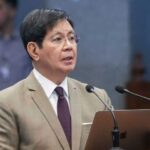

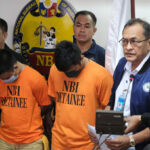

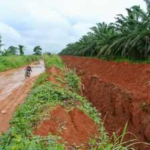
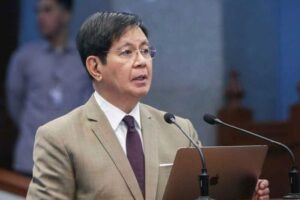
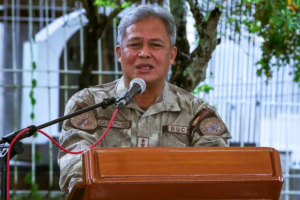
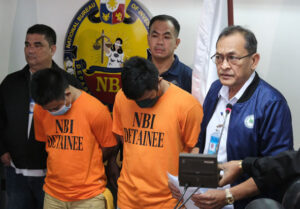
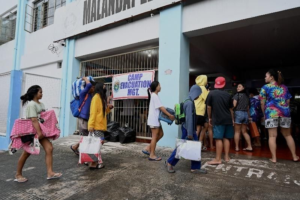
More Stories
BILYONG FLOOD CONTROL PROJECT FUND, SWAK SA BULSA – PING (Mga kongresista, ahensiya at contractor nagsabwatan)
BuCor nakipagtulungan sa NBI para madakip ang correction officer na pumatay sa mag-ina
EX-INMATE, PRISON OFFICER TIMBOG SA KIDNAP-SLAY SA MAG-INA